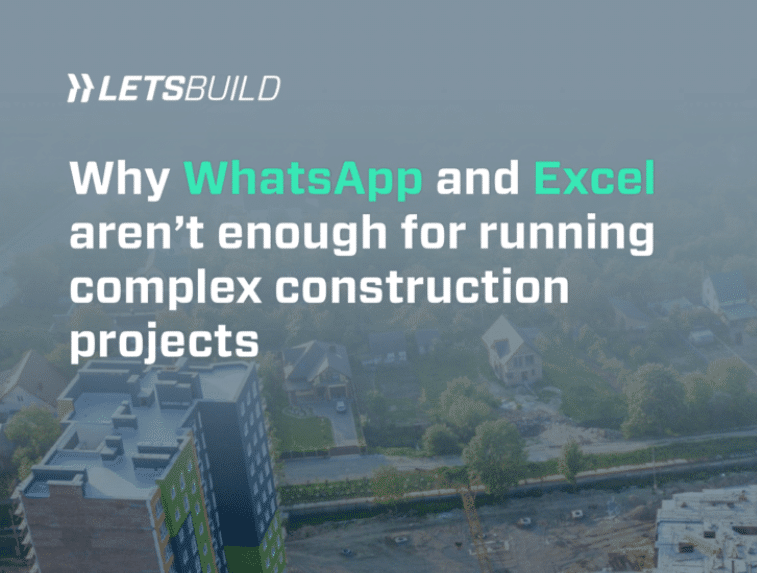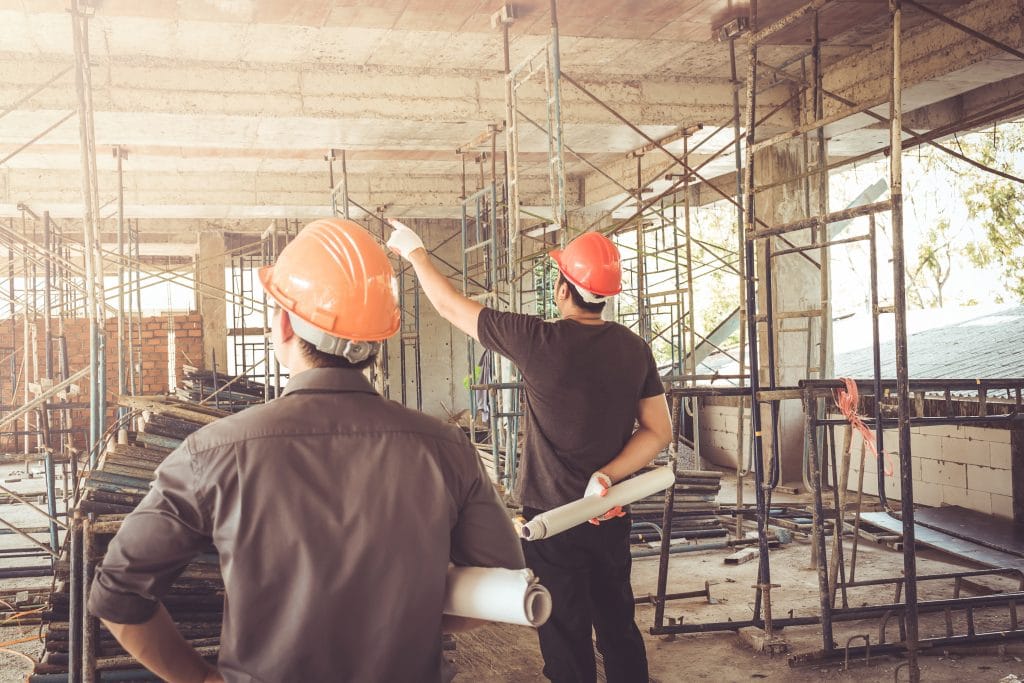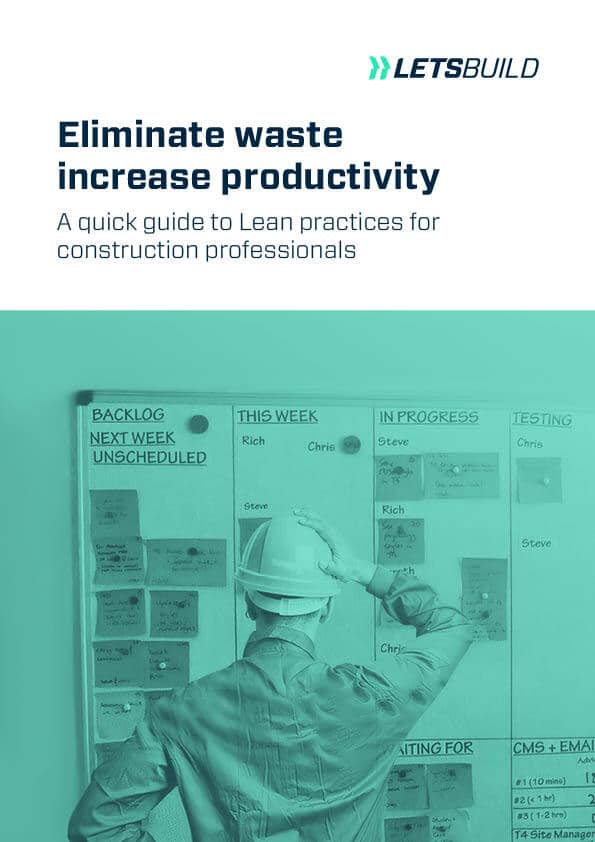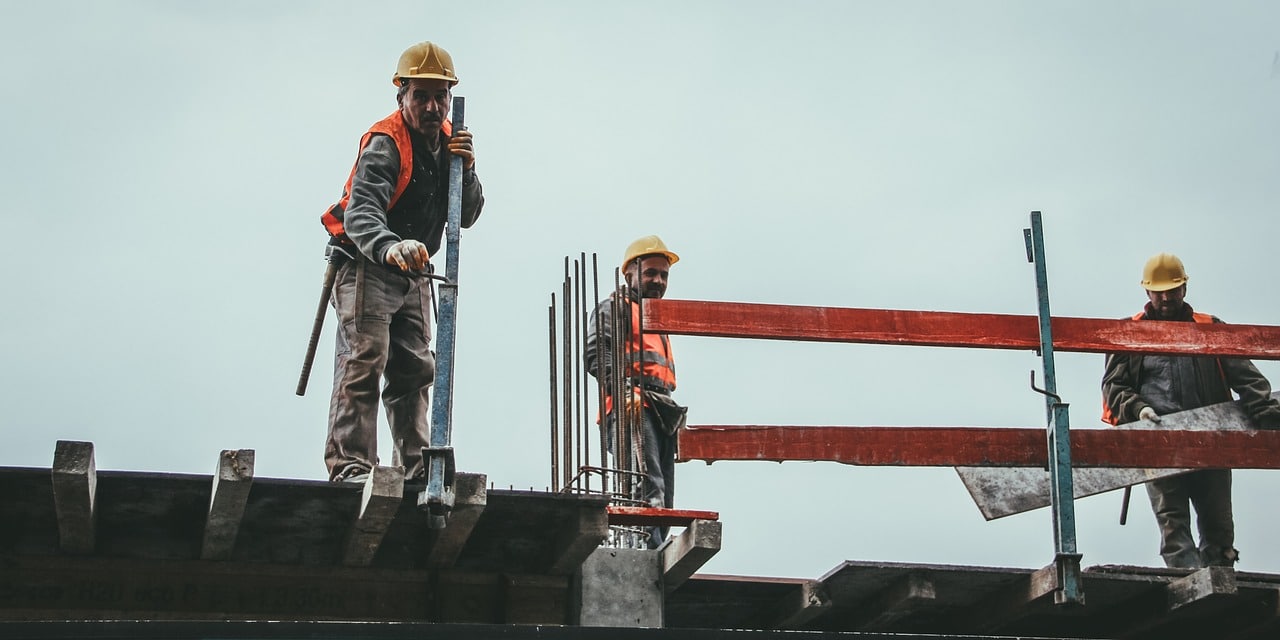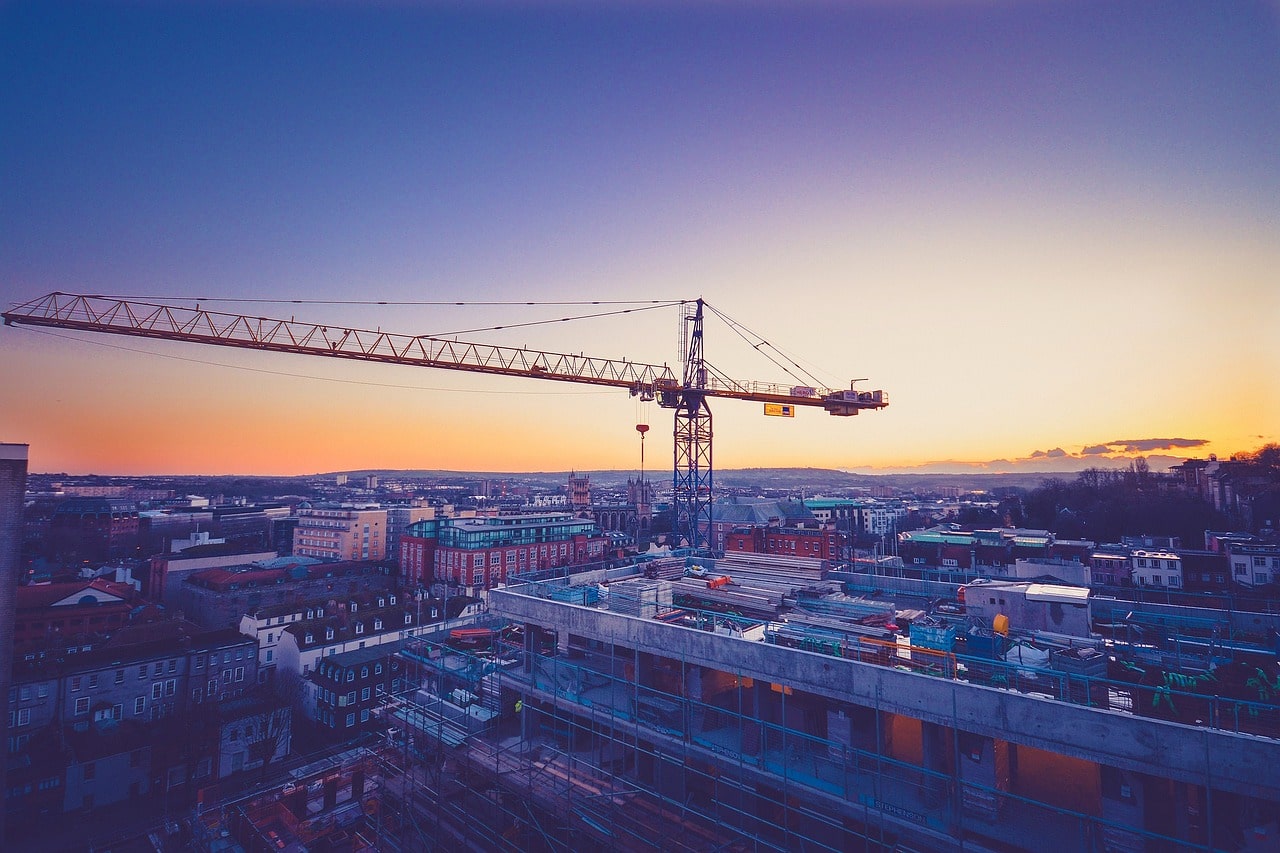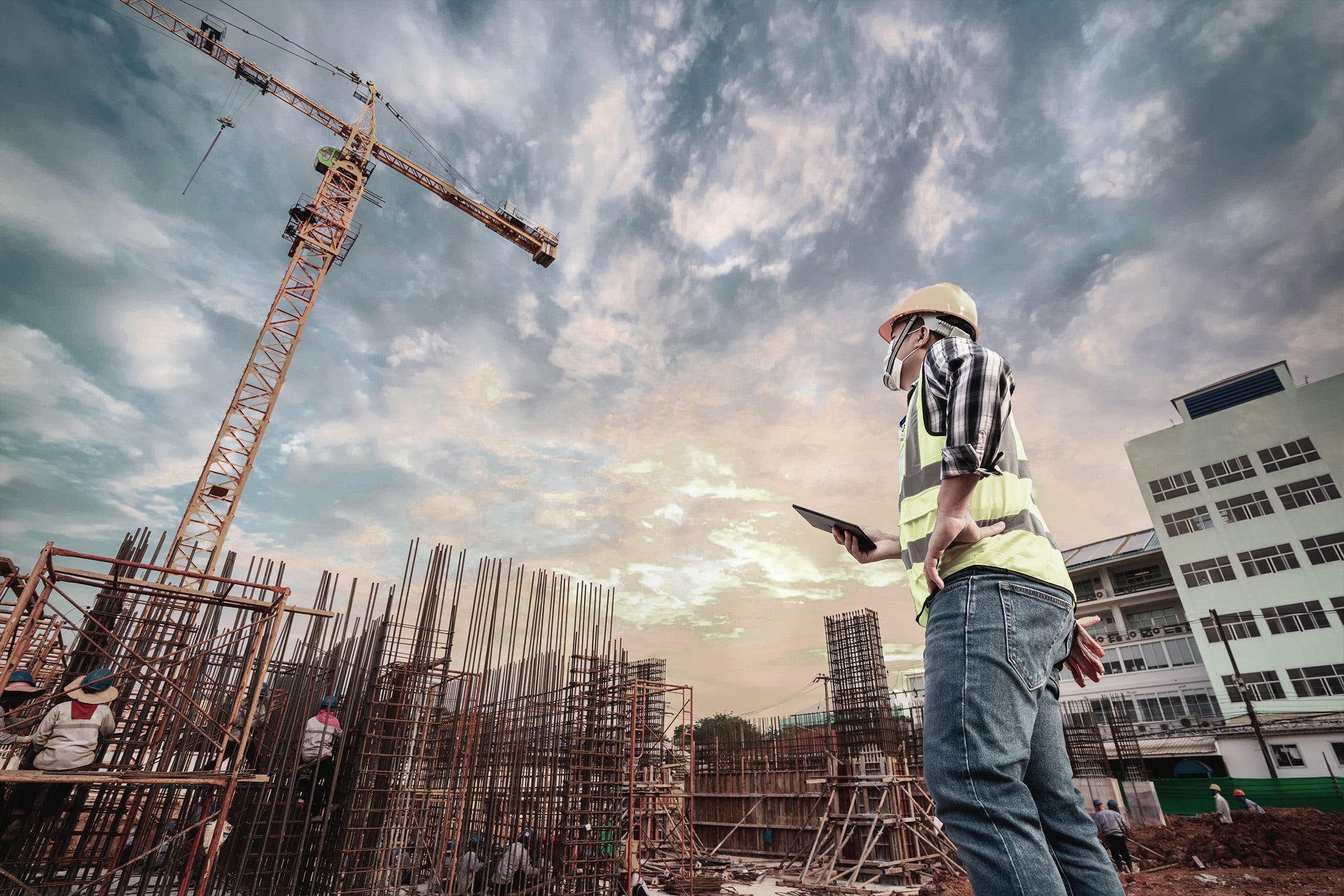Before we jump into it
Finding the right general contractor for your project isn’t easy. To the contrary, it’s a long and demanding process and there are a plethora of parameters that should be taken into consideration.
Nevertheless, if you ask the right people the right questions you can make things much simpler both for you and your project. With that in mind, we decided to give you a hand and gather some of the most crucial points you should discuss with a general contractor before you start working on a building project together.
Without further ado,
Here are the top 10 questions you need to ask a general contractor on a detailed infographic
1. What’s the structure of your company?
Before hiring a contractor, you want to make sure that you have enough information about the way in which the business is organised. Try to learn as many things as possible with regard to the company’s structure.
By knowing who is the owner of the business, and who is responsible for the completion of the various tasks you can have a good idea of how a contractor manages a project, handles paperwork and provide you in general with top quality service. Asking for the business history is also highly recommended, as you acquire a better understanding of its journey, points of strength and work routine.
2. Do you have prior experience with this type of projects?
After getting some useful information on the structure of the contracting business you are planning to work with, you want to learn more about the type of projects that this contractor specialises on.
Like that, you can easily examine if you have found the right candidate for the development and successful completion of your project. Based on the answer that you will get, you can determine whether this company will be able to keep up with your demands. For instance, there are contractors who have greater experience with small-scale projects (eg. bath and kitchen projects), while others have a long history with large-scale building projects.
Depending on what you need from your general contractor, you can determine whether this is the best option for your project or not.
3. How do you manage scheduling?
This is one of the most important questions you can ask a general contractor. The way they handle scheduling can help you understand whether the work is done in an effective and cost-efficient manner.
Ask them if there are any scheduling tools that they use and insist on the adoption of digital solutions which could enable real-time communication and unhindered collaboration between the different project parties.
Read also: 10 serious pains home building software can solve
Another interesting parameter is whether there is another project scheduled to begin just after the completion of yours. If yes, it’s very important to know as it may have an impact on the task sequence of your project. In a few words, the more you can find out about project scheduling the better!
4. Can you give me a timeline?
Now that you have everything you need to know about project scheduling, it’s time to dig a bit deeper and request a detailed timeline for completion. It’s essential to have a clear-cut picture of your project’s estimated deadlines.
In that manner, you will also be in a position to arrange every single detail around the project (eg. materials) with great precision. That’s why it is extremely important to request for more information in regard to other upcoming or ongoing projects where your general contractor is working on.
Lastly, don’t forget to address the issue of potential delays. From day one, you want to put in place a functional and mutually beneficial plan for tackling or addressing these delays effectively.
5. Who will be my contact person during the project?
Communication is always key. That being said, you need to assign clear roles and responsibilities before the beginning of the project. For that reason, you should always request that a specific contact person is designated for you during the construction process.
Thanks to that, you will be able to have a better overview of the project progress and imminently address any issues or questions that you might have. On top of that, depending on the communication system that the main contractor follows, you can examine if s/he is a good fit for your project. If not, you can search for other options.
Check out: What is an RFI in construction?
Our recommendation is that you look for a contractor who embraces open communication between all project stakeholders and who invests in digital tools in order to connect the site to the office and the client in a simple and fast way.
6. What about site supervision?
During the selection procedure, it’s indispensable to ask your general contractor about subcontractors and site supervision. Simply put, knowing who is going to work on site and how it will be supervised is of great importance.
First things first, you should be sure that anyone who is going to be present on site is properly covered in terms of payroll, licensing, liability insurance etc. This applies both to contractors and subcontractors. Furthermore, by receiving answers to a question like that, you can feel safer when it comes to the general contractor fulfilling his/her responsibilities.
Finally, the time that they are intending to spend on site on a daily/weekly basis is another useful information as well as the measures they are intending to take in order to ensure safety on site and full protection of your property.
7. Questions that can break the deal
If you have any concerns about the plan of the project or you think that something should be done differently, now it’s the perfect time to talk about it. Once the project begins, any alteration to the agreed plan can lead to costly and time-consuming delays.
Before your meeting with a general contractor, do your due diligence, think what it is that you want from your project exactly and come up with the ‘difficult questions’. Maybe you want to complete a part of the project yourself (applies mostly to small-scale projects) or you have certain requirements for the materials that are going to be used.
Address these issues before they become an actual problem. Like that, you will be able to stay on the same page with your contractor and optimise your collaboration.
8. How do we settle any disputes?
Unfortunately, project disputes are a common nightmare in construction. With that in consideration, it’s always an excellent idea to come up with a dispute resolution plan before you start working on the project.
Find here: All you need to know about construction disputes
A well-written and exhaustive contract can do the trick and protect you from costly disagreements. Some of the issues you should discuss with a general contractor are the cost of any additional changes, delays in the project and whether they provide a service warranty. The materials can also be an area of dispute if there hasn’t been a clear agreement on the terms and conditions in advance.
A smart strategy to follow is trying to explore the relation of your general contractor with his/her previous clients. In that way, you can examine whether you are about to work together with a conflict-prone general contractor.
9. How much should I put down?
That can be an extremely tricky question, especially when we refer to small-scale projects (eg. renovations). On the one hand, it’s a gesture that shows trust in your contractor and can help in establishing a good connection.
On the other hand, you shouldn’t give too much too early, as normally a well-functioning contracting business will have the financial capacity to initiate the project without your contribution.
In any case, before you decide to put down a certain amount make sure that you have taken all the parameters into account and have carefully examined the prices of the market. Then, you can be confident that you made the right deal for your project.
10. Can we put it in writing?
We saved the best for last. By now, you might have discussed and agreed with your general contractor on everything. However, nothing is fully completed unless you have put it in writing.
In the contract, there should be a clear and objective interpretation of the requirements, specifications, and deadlines that need to be followed.
A well-written contract can protect both sides from any type of unpredicted incidents. In other words, it can be a safety net both for your budget and the quality of your project. Always spend extra time putting the contract together and analyse all the details before you sign it.
Final thoughts
Wrapping it up, it is apparent that finding the right general contractor for your project requires a lot of effort and research. Nonetheless, by asking the right questions and following a well-established plan you can make the selection process much simpler.
Having a specific strategy in your mind before you start looking for a contractor can also be a powerful weapon in your effort to do the right choice.
